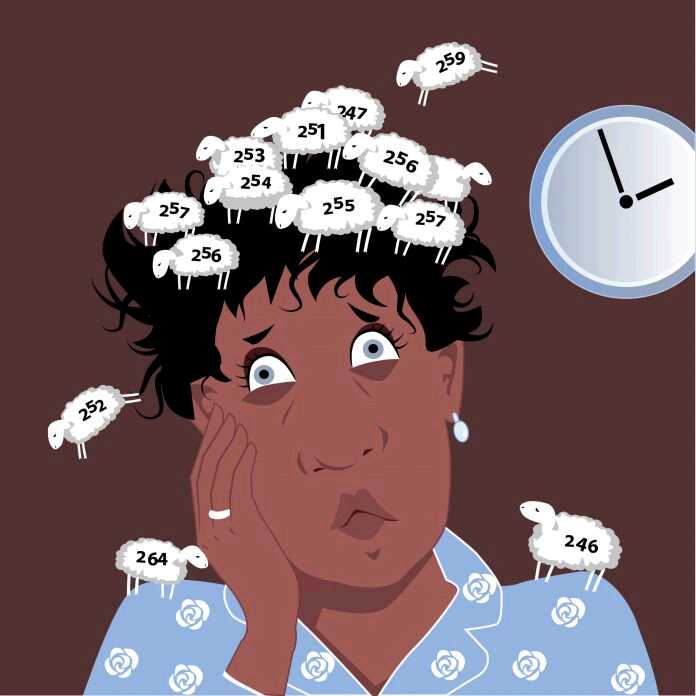
A good night’s sleep is so important. It helps the brain process the day’s events, clean out toxins, and make essential repairs to the body. However, not everyone gets the rest they need. Diabetics can end up having insomnia or restless sleep that makes it more difficult to manage their condition, as well as, affecting their productivity during the day.
If you’ve ever wondered why you keep tossing and turning, here are four potential ways that diabetes is keeping you up at night!
[trendingtopicsrelated]
#1 Need To Pee
When you have high blood sugar levels, the body tries its best to lower them. One of the ways it does this is by shunting some sugar out through the kidneys and bladder. This means that you will need to pee more often when your glucose is elevated. At night, this could mean you wake up frequently with the need to go to the bathroom.
#2 Sleep Apnea
There is a correlation between sleep apnea and diabetes. Many type 2 diabetics are overweight and this increases the risk of developing sleep apnea. If your partner complains that you seem to snore, gasp, or even stop breathing periodically during the night, you could have this condition. Apnea can keep you from getting a restful sleep, so you end up feeling very tired during the day.
#3 RLS and PLMS
Diabetics are also at increased risk of Restless Leg Syndrome and Periodic Limb Movements in Sleep, which cause strange sensations in the legs or cause the legs to move when not awake. Both can make it hard to fall asleep at night and stay asleep due to the unusual nerve sensations you feel.
#4 Low Blood Sugar
Diabetics can also develop hypoglycemia in the middle of the night, especially if they use insulin to keep their blood sugar under control. Low blood sugar can cause sweating, restlessness, and nightmares. If you’ve ever woken up suddenly, dripping in sweat, then you might have had a hypoglycemic episode.
[article2]
[expand title=”References“]
Type 2 Diabetes and Sleep Troubles. URL Link. Accessed August 31st, 2017.
The Sleep-Diabetes Connection. URL Link. Accessed August 31st, 2017.
Nighttime Hypoglycemia. URL Link. Accessed August 31st, 2017.
[/expand]






















